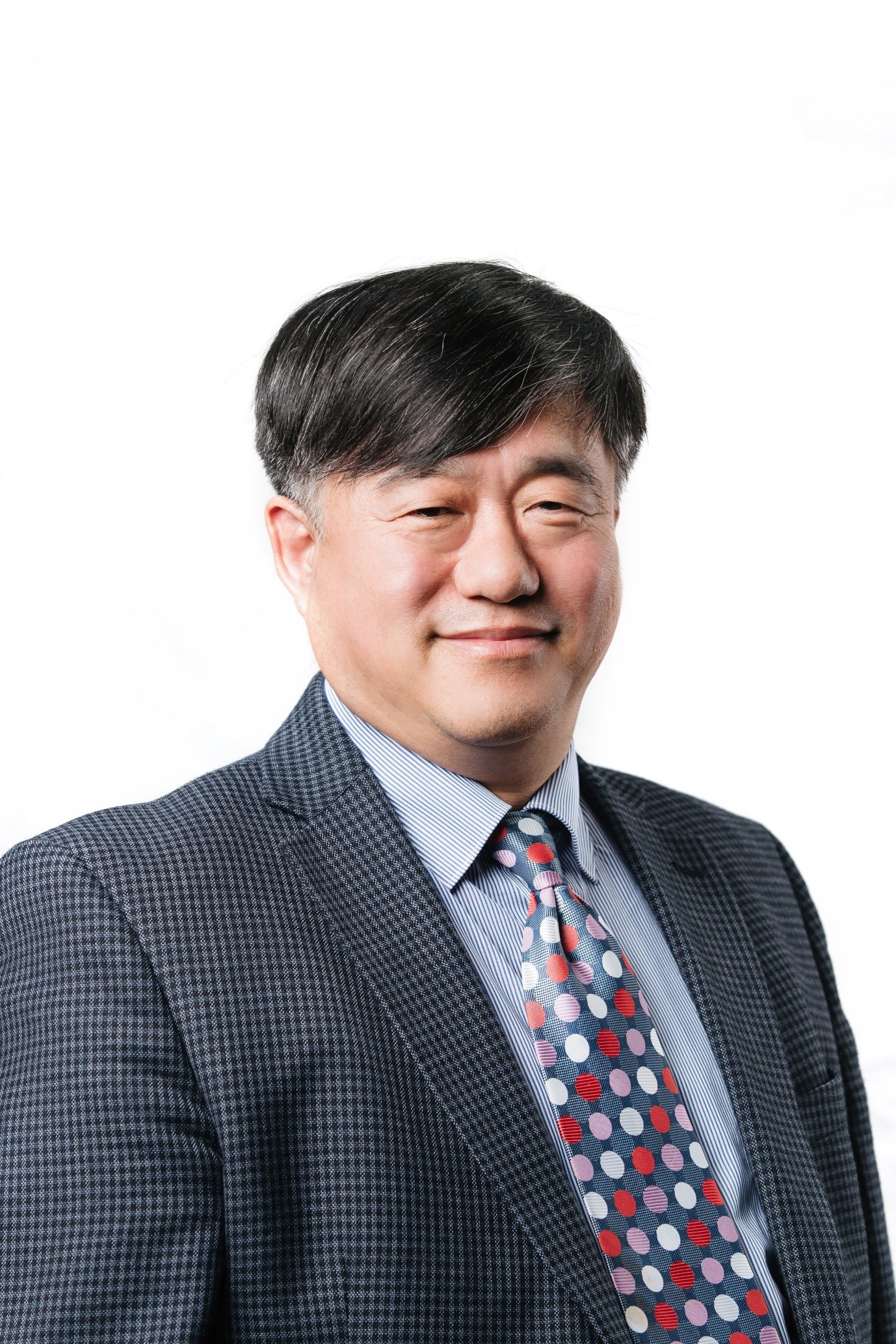Department News
[July Lab Interview] Professor Heejae Park - Precision Measurement Lab
Author
익명
Date
2023-10-05
Views
300
 Professor Heejae Park’s Lab: Precision Measurement Lab (metrol)
Professor Heejae Park’s Lab: Precision Measurement Lab (metrol)Research lab representative Mingyu Kim
Q1. Please briefly introduce your lab.
Our laboratory is researching areas related to precision measurement. Specifically, we are responsible for basic measurement methods such as 3D measuring instruments, laser interferometry, and vision, and can also conduct research using modern devices such as AFM. Currently, we are actively researching non-destructive measurement methods using light. Research has been conducted to improve interferometer hardware for measuring 3D shapes, and methods such as reflectometers and imaging reflectometers for thickness measurement are also being studied. In particular, I am in charge of developing the ellipsometry methodology, which is actively used in the semiconductor and display industries. The ellipsometry method is a non-destructive methodology that analyzes the thickness of ultra-thin films and multi-layer thin films through reflected polarization signals and is a method that is very actively used to increase process yield.
Q2. Please briefly introduce your representative research.
The goals of the laboratory are mostly to improve the sequences and signals of the most modern measurement methods. These can be said to be methods of reducing measurement time by simplifying the measurement method, or methods of increasing measurement precision by obtaining various signals. Representative research achievements include improvements in ellipsometry and reflectometry using spatial light modulators, three-dimensional shape measurement using interferometry, and foreign matter detection using vision. In addition, there aree-shot ellipsometry and micro ellipsometry using a multi-order retarder. There is a lot of equipment in the lab to conduct research using optics, so if there is a new idea or application, we proceed with it. Expected effects include improving the optical measurement system used in automation systems and increasing production yield with the ultimate goal.
Q3. What was the most difficult part of conducting this research and how did you overcome it?
The most difficult thing while conducting various studies was obtaining samples. Because it is a laboratory environment rather than an actual industrial site, it is not easy to access samples that actually come and go during the process. Most of the important information related to company security is difficult to access. Accordingly, through industry-academic cooperation, the laboratory directly identifies various samples and problems at the forefront of industrial sites and researches ways to improve them. In particular, I think it is a good environment for industry-academia to proceed as there is a laboratory atmosphere where new contents are registered first as patents.
Q4. Do you have any special devices or equipment in your lab? If not, is there any equipment you often use outside?
There is a variety of equipment in the laboratory. There are modern measuring instruments in addition to interferometry, reflectometry, ellipsometry and AFM. For sample fabrication, we often outsource to external facilities. Deposition equipment is primarily used in semiconductor research institutes, such as semiconductor manufacturing research centers. When developing experimental equipment, we actively utilize 3D printers for testing purposes.
Q5. Please tell us anything else you would like to say.
I believe that the ability to see the truth and intuition is achieved through the accumulation of knowledge and experience. I believe that there is no more valuable learning than becoming a researcher and experiencing various experiences and failures in the laboratory. You may choose your future career as a researcher, but even if you do not, I think that the process of designing and writing papers in a laboratory to solve problems facing the modern scientific community is a very important learning experience in the science and engineering fields. I think it is very important for anyone whose career requires a field of development and creation to have a certain period of experience as a researcher.
Although the field of measurement is not well known in Korea, it is a very important field overseas. In the process of designing or developing a product, you can clearly understand the limitations and strengths of equipment and talk about them in numbers. I believe that research experience is a very important element in order to verify and make claims through numbers and data. If your career path requires the above skills, I think that gaining research experience can be a good career choice.
MEch-SSENGER Seok-cheol Jeong

